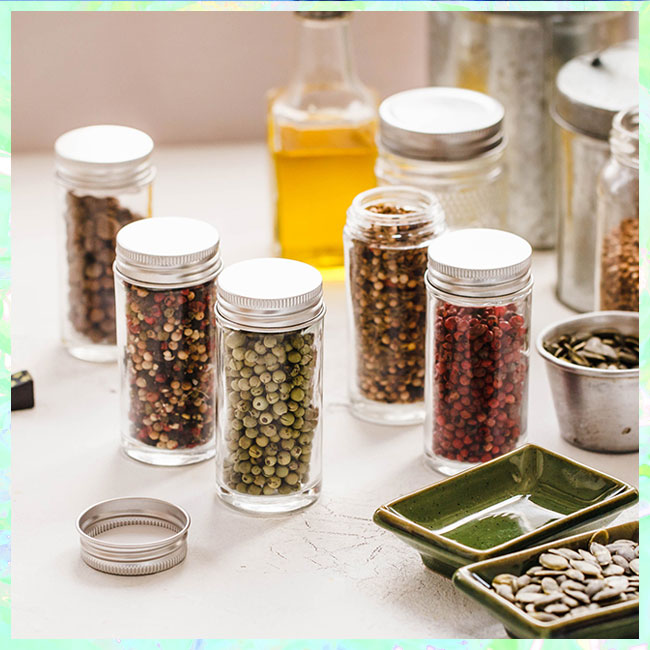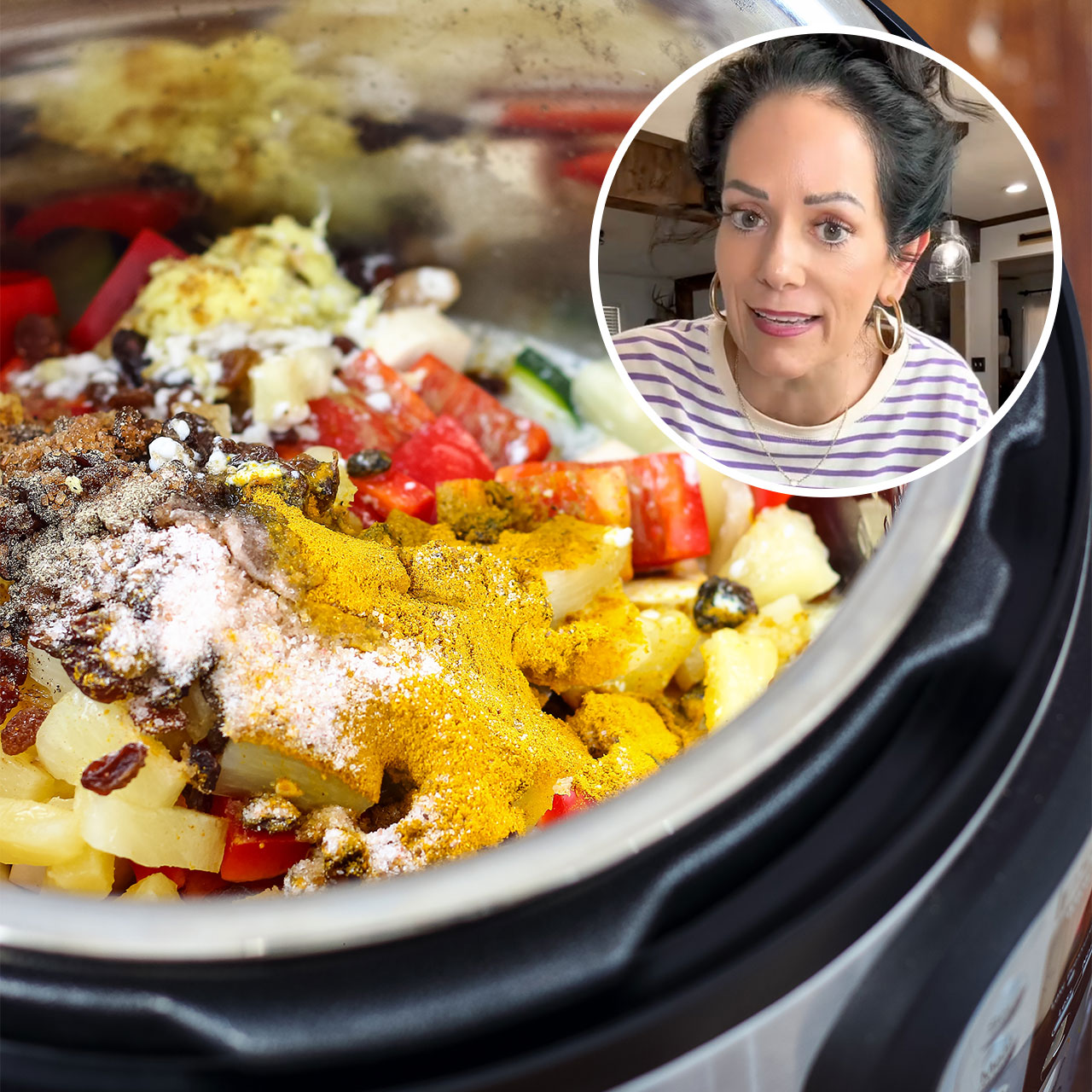This is an archived article and the information in the story may be outdated. Please check the time stamp on the story to see when it was updated last.
Inflammation is your immune system’s response to foreign bodies that pose a potential threat to you, like viruses or bacteria. However, sometimes our bodies respond with inflammation when there is no threat, which is the cause of autoimmune diseases like lupus, multiple sclerosis, and arthritis. Short term inflammation is your body’s way of protecting you, but when inflammation runs through the body for too long, it could lead to a number of uncomfortable symptoms. Prolonged inflammation is considered to be the culprit of many chronic illnesses and could put you at higher risk of things like cancer, cognitive decline, and heart disease.
Following an anti-inflammatory diet is one of the best ways you can reduce inflammation in your body, or prevent it in the first place.


What are some ingredients you can cook with that will give your meals an anti-inflammatory boost? We asked Marie Ruggles, M.S., R.D., C.N., C.D.E., author of Optimize Your Immune System: Create Health & Resilience with a Kitchen Pharmacy for her top recommendations.
According to Ruggles, the easiest way to follow a more anti-inflammatory diet is to dive into your spice cabinet. “Most spices contain anti-inflammatory compounds and should be used generously in your cooking,” she says,”Turmeric, with over 15,000 studies listed on PubMed, is the queen of anti-inflammatory spices.”
Turmeric is considered to have medicinal benefits due to certain compounds it contains, also known as curcuminoids. Curcumin is considered the most beneficial of these compounds. “Curcumin may be the most potent substance in your kitchen. It has been shown in numerous clinical trials to be a powerful anti-inflammatory that controls the genes that suppress the spread of cancer. In food-as-medicine terms, turmeric is the culinary spice, while curcumin is the medicine present inside the spice.”

The third spice that completes this anti-inflammatory trifecta is black pepper. “I like to say you are what you eat, absorb and assimilate,” Ruggles says, “The absorption of curcumin can be greatly enhanced by including black pepper.” Using these spices together allows them to work at their best, so you can reap the most benefits. When cooking with these spices, Ruggles also recommends adding some type of fat or oil to the meal, like ghee or olive oil, as this boosts absorption as well.
As far as things you can cook to incorporate these spices, Ruggles recommends vegetarian Indian curry meals as a way to double up on the anti-inflammatory benefits of both the vegetables and the curry spices.
In conclusion, following a diet rich in anti-inflammatories is one of the best preventative measures you can take for overall physical wellness. Adding things like turmeric and curcumin to your diet, as well as black pepper for maximum absorption, can give your diet an anti-inflammatory boost.


























